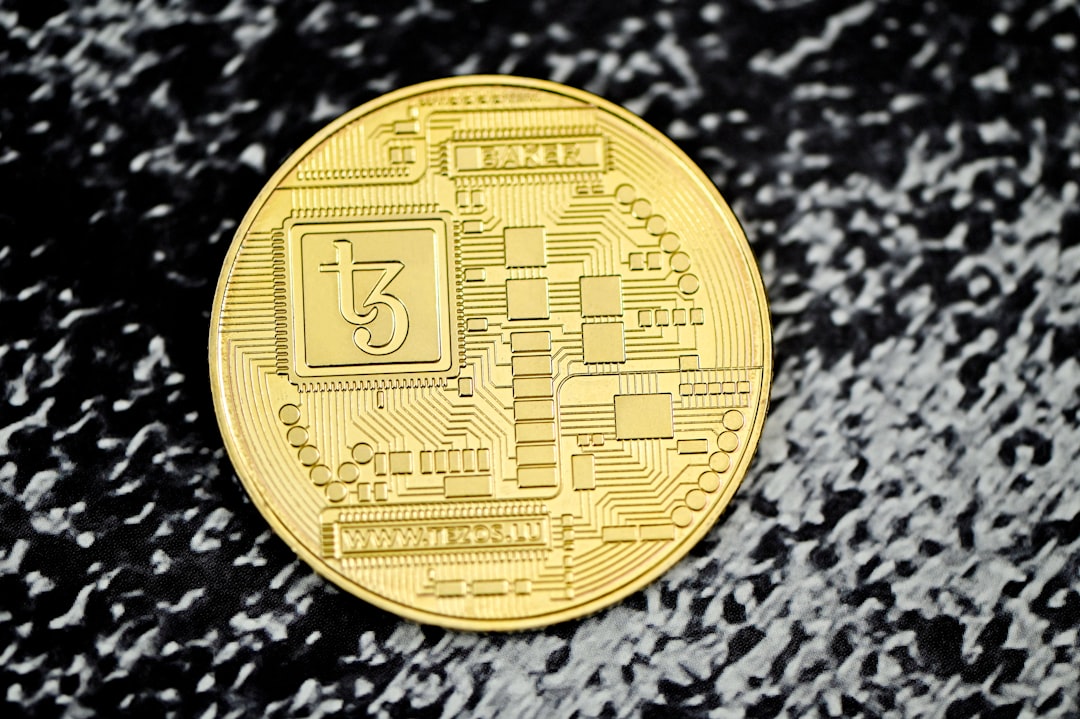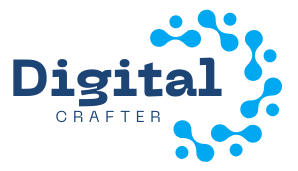While blockchain technology is most often associated with cryptocurrencies like Bitcoin and Ethereum, its potential extends far beyond digital currencies. From supply chain management to identity verification and even voting systems, blockchain is proving to be a transformative force across various industries. This article explores how blockchain is being leveraged beyond the world of crypto, outlining its core advantages and innovative use cases.
Understanding Blockchain Technology
Blockchain is essentially a decentralized digital ledger, built to record data across multiple computers in a secure, transparent, and tamper-resistant way. Initially designed to support Bitcoin in 2008, the technology has evolved to serve far broader purposes. Key characteristics include immutability, decentralization, and real-time record updates, all of which make it ideal for applications demanding high levels of security and trust.
Industries Empowered by Blockchain
1. Supply Chain and Logistics
One of the most notable non-crypto uses of blockchain is in the supply chain industry. Blockchain allows companies to track the movement of goods through each stage of production and delivery. This real-time traceability helps reduce fraud, increase efficiency, and ensure product authenticity.

2. Healthcare
Blockchain offers a secure platform for storing and sharing patient records. By giving patients more control over who can access their data and allowing seamless sharing across providers, the healthcare industry can minimize medical errors and improve service delivery.
3. Identity Verification
With increasing concerns over personal data leaks, blockchain can offer a decentralized identity system where users control their data. Governments and corporations alike are exploring blockchain-based IDs, reducing reliance on centralized databases vulnerable to attacks.
Smart Contracts: Automating Trust
Smart contracts are self-executing agreements coded into blockchain networks. They automatically implement contract terms when predefined conditions are met. This innovation eliminates the need for intermediaries, minimizes human error, and speeds up transactions.
Smart contracts are already being used in:
- Insurance: Payouts can be automated upon verification of claims.
- Real Estate: Automating property transactions and rental agreements.
- Legal Agreements: Reducing the need for manual contract enforcement.
Decentralized Applications (dApps)
Unlike traditional apps hosted on centralized servers, decentralized applications run on peer-to-peer networks. dApps can be found in sectors including finance, social media, and gaming. They offer increased privacy, resilience, and user control.

Blockchain in Governance and Voting
Blockchain holds the potential to overhaul voting systems by making them more transparent and tamper-proof. Pilot programs in several countries are testing blockchain-backed elections, which could significantly reduce election fraud and improve voter turnout by enabling secure online participation.
Challenges to Adoption
Despite its promise, blockchain adoption faces several hurdles:
- Scalability: Current blockchain networks often struggle to handle large-scale transactions efficiently.
- Regulatory Concerns: The lack of clear regulatory frameworks can deter enterprise adoption.
- Energy Consumption: Some blockchain models, like Proof of Work, are energy-intensive and raise environmental concerns.
The Road Ahead
As blockchain technology matures, it is expected to integrate more seamlessly into existing systems, combining with AI, IoT, and cloud technologies. The focus is shifting from hype to practical applications, making it a foundational element in digital transformation efforts across multiple industries.
FAQ: Blockchain Beyond Crypto
- Q: Can blockchain work without cryptocurrency?
A: Yes, many blockchain applications operate without a native cryptocurrency. The underlying ledger can be used for data storage, tracking, and verification in non-financial settings. - Q: Is blockchain secure?
A: Generally, blockchain is highly secure due to its decentralized and immutable nature. However, vulnerabilities can exist in application layers and smart contract coding. - Q: What industries benefit most from blockchain?
A: Industries that rely heavily on data accuracy, transparency, and security—such as healthcare, finance, logistics, and government—are finding value in adopting blockchain solutions. - Q: What are smart contracts?
A: Smart contracts are self-executing digital contracts on a blockchain platform. They automate processes and transactions once predetermined conditions are met. - Q: Will blockchain replace traditional databases?
A: Not entirely. While blockchain can supplement or enhance specific use cases, it is not suited to every application that uses a traditional database.

